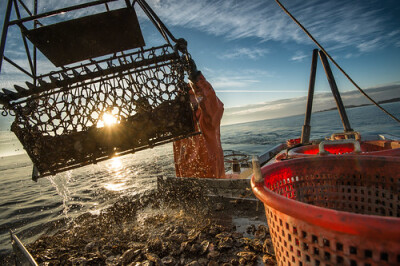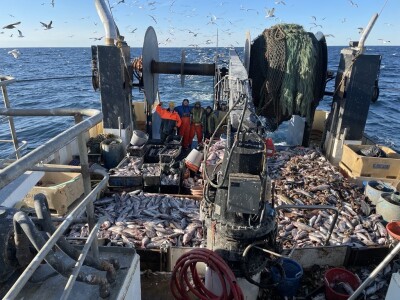Since 2005, professor of marine biology Fred Scharf along with his team of UNCW undergraduates and graduate students, have been studying the migration patterns and genetics of flounder in the New River Estuary of North Carolina.
The team has been studying southern flounder which are found in North Carolina, South Carolina, Florida, Georgia, and into the Gulf of Mexico. Fish are kept track by a system called tagging. A tag is implanted into the flounder in order to record the level of mixing that is taking place between the flounder in each state. When a fish is caught, the tag has a number that the fisherman can call to report it has been caught.
“By returning the tags and calling it in, the fishermen earn a reward amount from 50 dollars up to 200 dollars on rare occasions,” Scharf said. “The amount of the reward depends on the fish. Rewards are used to ensure the reporting rates are high.”
Read the full story in The Seahawk>>
Want to read more about flounder? Click here...






